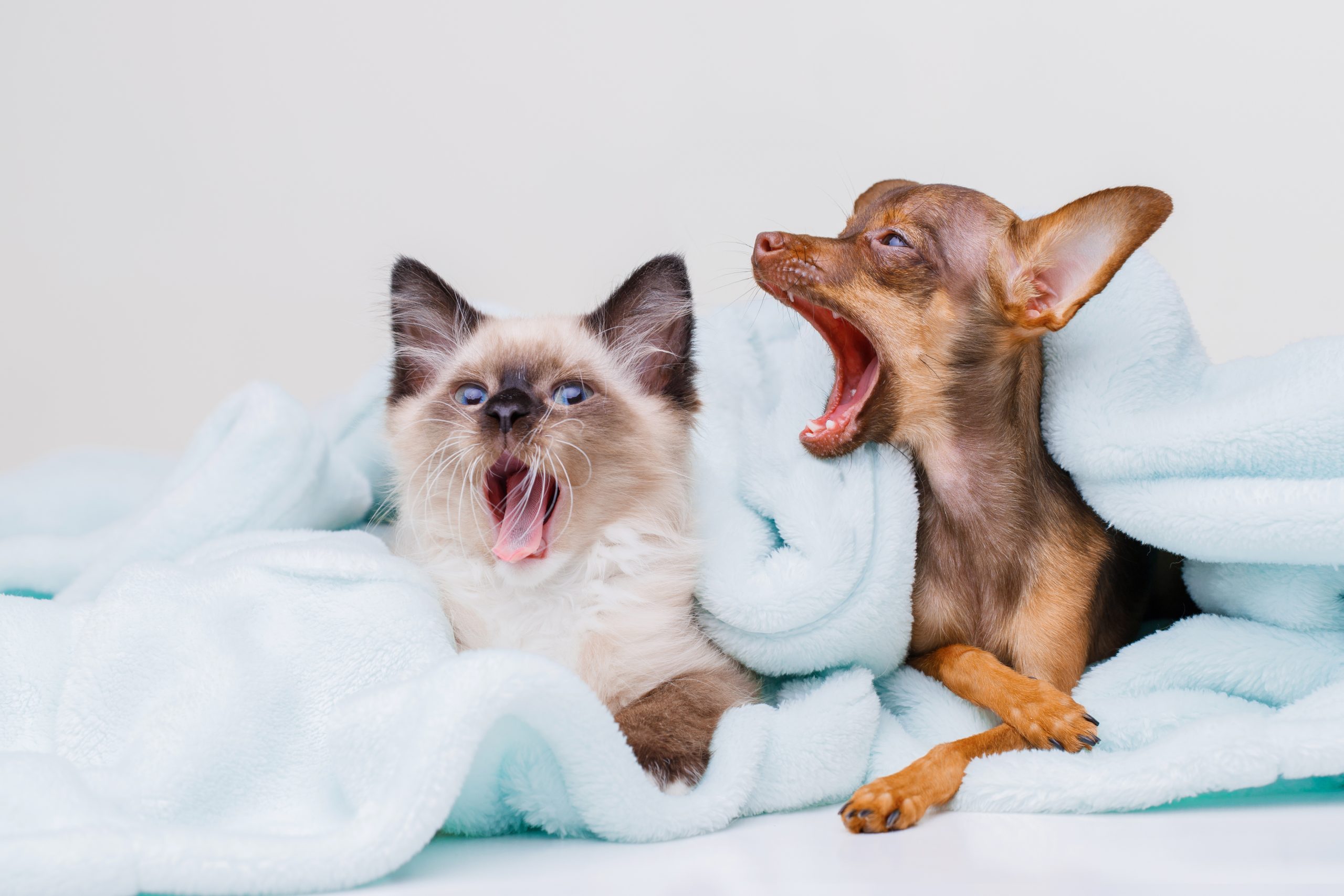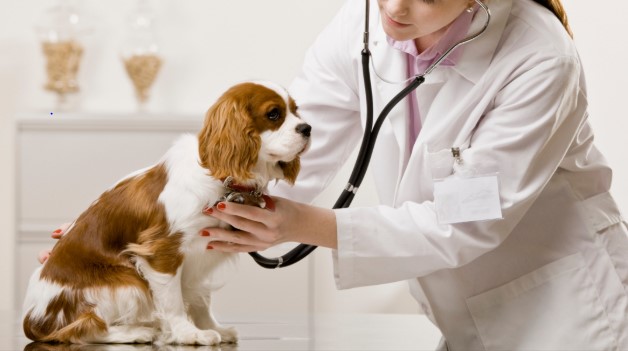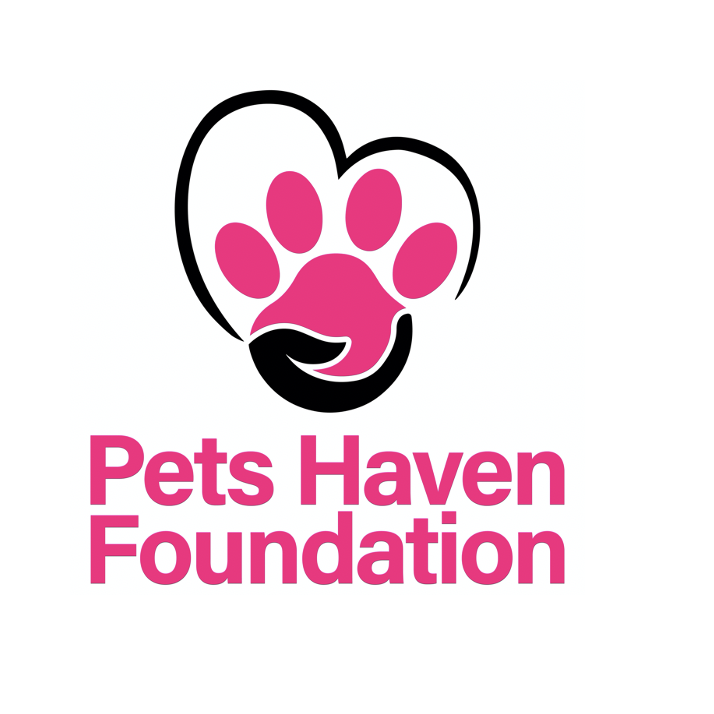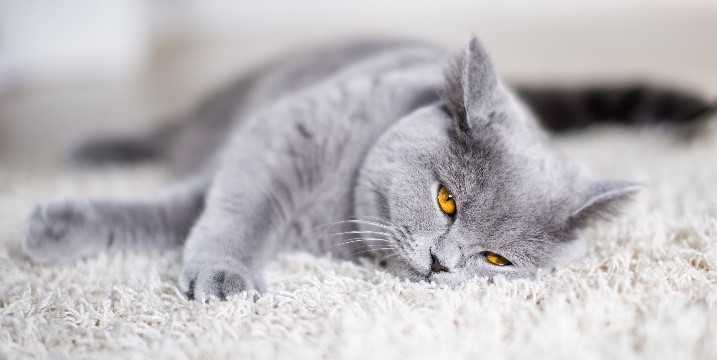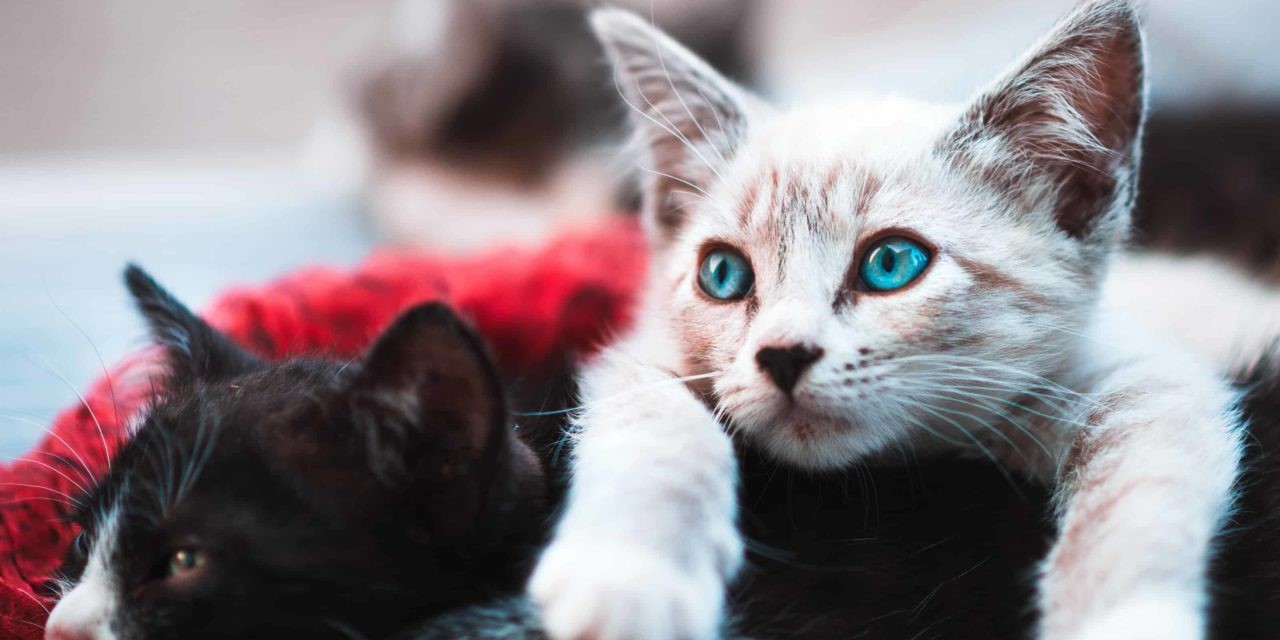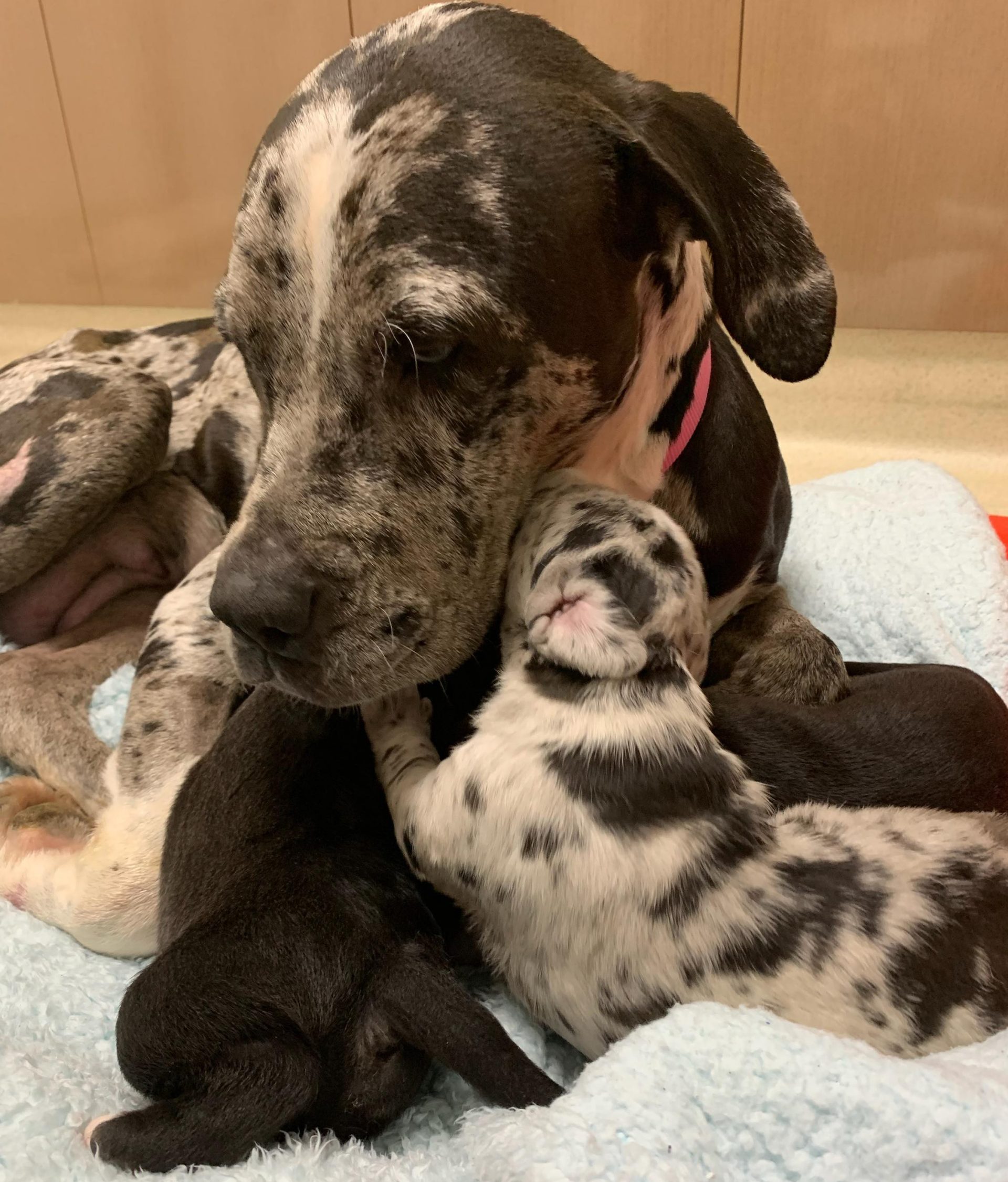Our Veterinary Services
Veterinary Consultation
Veterinary Consultation
Our Clinic have a team of highly-skilled Vets and Nurses who make sure that the welfare of your pet always comes first. They are responsible for providing the best care to our community’s much loved pets.
The Pets Haven Veterinary team provides the best of care to all animals. Our Clinic has the latest specialised equipment, with in-house radiology, pathology testing facilities and ultrasound services to enhance diagnosis. Our caring Vets and Nursing staff are trained in the latest techniques and have expansive specialised knowledge, including in the areas of orthopaedics, optics and dermatology. We also emphasise and support continuing professional development, so our Vets and Nurses are always at the forefront of advances in knowledge and techniques.
Our Veterinary clinic will cover all your pet’s needs, from emergency care to routine vaccinations, health checks, microchipping and prescription foods.
Why use us?
- You can request the same vet! We know as a pet owner you want nothing more than your pet to feel comfortable when in a stressful environment, which is why we encourage building relationships between your pet and their preferred veterinarian
- House calls- Convenience at a clinic or your home, our house call service is another option for those who find it difficult to leave the home or pets that are stressful.
- A loving environment- We see our clients and patients as our family members, Our regular clients share their lives with us as we slowly get to know you. You can always expect us to remember your name and of course your much loved furry family member!
What is the reason for a Veterinary consultation?
Ideally, your pet should visit a vet once a year, and more frequently as they get older or develop special medical needs, these visits play a huge part in the “prevention is better than cure” approach. Another advantage of these annual check-ups is getting your pet used to visiting the surgery when they’re well. If they only visit when they are hurt or ill, They can become nervous about seeing the vet, associating their trips with bad times or stressful experiences. It’s a good idea to pop into the clinic every so often, even if you don’t have an appointment. The vets and nurses will always appreciate a cuddle and create a positive experience for your furry friend!
When to visit the vet
If your pet is showing any of the below signs or you are not sure, it is best to make an appointment with your veterinarian for a thorough check over to identify the possible cause of the symptom and assess the best treatment plan.
- Vomiting and Diarrhea
- Lumps and Bumps
- Limping
- Bad breath
- Coughing
- Appetite and drinking changes
- Urine or Defecation changes
- Eye or ear problems
- Itching/skin irritation
- Lethargy/ Change in demeanor or activity levels
Supplemental Statement in response to Herald Sun article of 4 October 2023
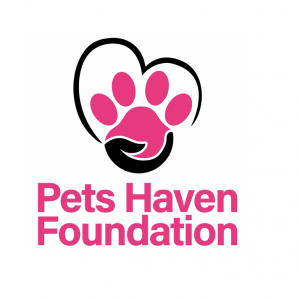 GENERAL RESPONSE
GENERAL RESPONSE
Further to our statement published on 3 October 2023, Pets Haven wishes to set the record straight in regard to an unbalanced article published today in the Herald Sun newspaper.
A pet shelter such as Pets Haven can be likened to an emergency department at a hospital. Just like the hospital emergency department, many of the animals that arrive at Pets Haven are already suffering a health crisis. The Herald Sun article is equivalent to going to the emergency department of the Royal Melbourne Hospital and blaming the hospital for causing the injuries and illnesses.
Many animals come to our clinic to be re-homed and it is a disappointing truth that many of these animals have not enjoyed a healthy or rewarding life prior to arriving at Pets Haven. We regularly receive animals that are malnourished, injured, diseased or mistreated in some way. They are often scared, timid and in unfamiliar surroundings.
All of the animals we receive are provided prompt veterinary treatment. Some animals require urgent and significant veterinary intervention. Pets Haven have qualified veterinary practitioners on staff who are either on site or available on call. All Pets Haven veterinary practitioners are fully licensed and must at all times comply with a large array of government legislation, including Veterinary Practice Act 1997, the Prevention of Cruelty to Animals Act 1986, the Domestic Animals Act 1994 and many other acts of the Victorian Parliament and associated regulations.
On rare occasions, we receive animals that are in extremely poor health. Whilst everything is done to save these animals, due to the irretrievable state of health, there are rare occasions where it is in the best interest of the animal that it be euthanised or transferred to another clinic for further care. The management team at Pets Haven, since taking over from the previous owner, has reduced the euthanasia rate by nearly 350% and we are striving to reduce it further.
SPECIFIC RESPONSE TO INCORRECT ALLEGATIONS
In the Herald Sun article, there are a number of incorrect statements that have the capability to mislead a reader. We have identified those statement below and provided our specific response.
1. “clinic filled with faeces, urine and blood”
This allegation is not true. Every cage is cleaned each morning and, should an animal soil an enclosure or become injured, the animal is taken for a walk or transferred to a new enclosure and the soiled enclosure is cleaned immediately. On occasion, an animal is soiled or injured in transit to us. In each case the animal is transferred to a clean area and the enclosure is properly cleaned. The habitat for shelter animals is strictly regulated and Pets Haven complies with these regulatory obligations. Further, RSPCA have not made any compliant or issued an order against Pets Haven for any such unhygienic conditions.
2. “dogs being left without food or water”
This allegation is not true. This is a primary requirement, and we are strict in ensuring that all animals have clean water at all times. Food is provided twice daily to adult animals and three times daily for juvenile animals. It is not healthy or hygienic to leave uneaten food with animals 24 hours of the day.
3. “Infectious animals are not always treated in a timely manner.”
This allegations is not true. All animals are identified and assessed each morning including new arrivals that come to the shelter overnight. Each animal is assessed against a thorough checklist prepared in consultation with the veterinarian staff. Any animal that is showing signs of health issues is immediately referred for further veterinary assessment.
It should be noted that animals requiring further veterinary care may take several days to recover and an observer of a sick animal may not be aware the animal is already under veterinary supervision with a comprehensive health treatment plan.
4. “There were 10 puppies with parvovirus and (management) refused to take them to another vet because it would cost too much”
This allegation is not true. On the night of the 13th of September 2023, Pets Haven received 15 puppies (10 from one litter and 5 from another). The two litters were in separate enclosures but were delivered to Pets Haven after hours in the same vehicle. For this reason, all 15 puppies were quarantined immediately upon arrival. Within hours, a Pets Haven veterinary practitioner assessed each of the 15 puppies in question and prepared a health treatment plan. Of the 15 puppies, 10 tested positive to parvovirus (all from the same litter). The following day, the health of 5 of the 10 affected puppies deteriorated further. Pets Haven contacted the Animal Protection Society to see if they had the capability to assist with the very sick 5 puppies. Unfortunately they could not take the puppies. Pets Haven staff were in frequent contact throughout the day with the veterinarian to monitor the health of the puppies.
Ultimately, care of the 10 infected puppies was transferred to the RSPCA, which occurred promptly on the evening of the 15th of September.
5. “the clinic is often understaffed and overrun with animals, which makes it difficult – if not impossible – for the employees to appropriately care for them”
This allegation is not true. Pets Haven far exceeds the regulatory ratio of staff to animals and at all times puts animal welfare as the highest priority.
6. “Medical treatment has at times also been denied to seriously sick animals or delayed, with no vets on site on Friday, Saturday afternoon, Sunday and after hours”
This allegation is misleading. It is not practical to have veterinary staff on site 24 hours, 7 days a week. Veterinary staff are on call and available in situations of emergency and onsite staff often consult after hours with veterinary staff for the care and treatment of sick animals. Pets Haven also employs animal nurses and we do take animals to the vet’s home where necessary in after hours situations. At all times the health and well being of our animals is appropriately catered.
7. “there was no vet on site to tend to the dying puppies when they arrived, which led to their seizure by inspectors”
This statement is misleading. The puppies arrived at night and the vet attend immediately in the morning. We refer to our response at #4 above.
8. “animal welfare at the facility went “downhill” from July that year”
This allegation is offensive and untrue. Pets Haven has invested significantly and replaced old and ineffective equipment, implemented proper protocols and procedures, trained staff in the better health and well-being of animals and reduced total quantity of animals held at the shelter (as compared with the prior management). Importantly, the euthanasia rate has decreased significantly since new management took over the shelter.
9. “the new owners “saw every animal that walked through their doors as dollar signs”
This comment is offensive. Whilst we are a privately run business, our primary objective is to provide quality care for animals and to give the animals an opportunity to find their forever home.
10. “The veterinary clinic is equipped to care for 50 animals but was found by inspectors last year with close to 200, its offices and corridors crammed with cages full of kittens and puppies”
In our first few months of taking over the business, the new Pets Haven team was adapting to the condition of the facility and intake of animals as it was operated by the previous owner. At times in those initial periods, there were too many animals but this has been rectified and is now strictly managed. Pets Haven now rarely holds more that 50% of the maximum allowable animal numbers. This is done at the expense of the clinic but for the clear benefit and well-being of the animals we are here to protect. It should be noted that the clinic receives a number of walk-ins and we never refuse treatment for a sick or injured animal; occasionally animal numbers can vary as a function of public demand for veterinary services but the maximum quantity is not exceeded.
11. “More than half of the animals were believed to be infected with deadly diseases which appeared to be going untreated, while some were found already lifeless.”
This allegation is untrue. As stated above, most animals require some degree of veterinary care. They do not all have “deadly diseases” although most do require some treatment which is provided. The vast majority of animals we receive for re-homing recover to full health with the assistance of a Pets Haven veterinary treatment plan.
Importantly, we note the Herald Sun article admits that no further action has been taken by any government body. We do expect – and invite – regular future inspections so that all animal welfare can be observed.
We also invite the public to come and see our shelter and to take the opportunity to connect with a new family member. The best solution to unwanted animals is always to provide immediate care but most importantly to find their forever home.
Pets Haven Management
4 October 2023
Dog Desexing
Dog Desexing
For female dogs, it involves the removal of the ovaries and the uterus via a small incision 5 -10cm long either along the abdomen or the flank (the side of the abdomen). For male dogs, it involves the removal of both testicles through a 2-3cm incision just in front of the scrotum. A tattoo can be placed on the inside of your dog’s ear to signify it has been desexed.
Your vet will attend to the post-operative requirements of your dog and normally dogs are ready to go home a few hours after the procedure. Your vet will also give you detailed advice on how to properly care for your dog at home in the days following surgery.
When is the right time?
Traditionally, vets have recommended that cats and dogs are desexed between about 5½ and 6 months of age. But over the past decade, desexing at an earlier age (from eight weeks onwards) has become more common. This is known as early-age desexing or EAD. Pets Haven has been desexing kittens and puppies in its shelters at this earlier age for many years, and based on this experience and the cumulation of considerable scientific evidence, Pets Haven considers EAD to be a safe and effective strategy for the wider community to prevent unplanned/unwanted litters in cats and dogs.
Of course, this is always something you can talk about with one of our friendly veterinarians, Not only do we want to ensure your pet feels safe and comfortable during a procedure, we also spend time ensuring each owner knows all of the details of a routine surgery and is feeling comfortable with the decision.
Why desex your dog?
Desexing not only ensures less unwanted and abandoned animals, but also helps our dogs live longer healthier lives. Desexing your dog not only eliminates the chance of unwanted pregnancies and medical issues, It also eliminates the unpleasant behavior that can be shown in entire dogs, Such as roaming, howling, aggressive behavior towards other dogs in the household or Urinating or “marking” certain areas. A male dog is more likely to try and escape to find a prospective “mate” leaving a path of destruction behind, whilst females can become quite stressed and out of character during a heat cycle.
What are the health benefits?
- It helps control your dog’s urge to wander
- It reduces anti-social behaviours like leg mounting (humping), urine marking in male dogs and oestrus bleeding in female dogs
- It reduces the likelihood of cancer and other diseases of the reproductive organs – uterine, ovarian and mammary diseases in female dogs and testicular cancers, some prostate diseases, perineal hernias and adenomas in male dogs
- It increases the likelihood of your dog enjoying a longer and happier life
- It eliminates unwanted litters of puppies or kittens
- There are council registration rebates for a dog that is both desexed and microchipped
- Reduces territorial behaviour
Cat Vaccinations
Cat Vaccinations
Cats don’t actually have nine lives, so you need to do what you can to protect them. The key? The right vaccinations. Shots protect your cat from diseases caused by viruses and bacteria. They can also strengthen their immune system. Whether you have a kitten or an adult cat, your vet can help you figure out which vaccines are best and how often your kitty should get shots. It usually depends on their age, overall health, and lifestyle. The vet will also think about how long vaccines are supposed to last and how likely your cat might be to come into contact with a certain disease.
What do the Vaccines protect against?
Feline Enteritis – This is the most common disease that affects cats. It is a very contagious and is highly life threatening especially in kittens under 12 months of age. The most common symptoms are: High fever, depression, dehydration, severe stomach pain, vomiting diarrhea and dehydration.
- Feline Respiratory Disease (Cat Flu) – Cats of all ages can contract this disease as it is highly contagious. Symptoms of this are sneezing, nasal discharge, runny eyes, coughing, loss of appetite and ulcers on their tongues, in their mouths and on their nose, if left untreated this disease can cause severe dehydration.
- Feline Calicivirus- this virus can cause respiratory signs, fever, drooling ulcers of the mouth and footpads, pneumonia, diarrhea, arthritis, and neurologic signs
- Feline Distemper or Feline Panleukopenia- this disease is not very common in Australia however vets still see the occasional case, this viral disease is contagious that can cause high fever, vomiting and diarrhea. Unfortunately, it is often fatal in young kittens. It is also important to know that the feline distemper virus is not the same as canine distemper virus.
- Feline Chlamydia – Chlamydia is an organism that causes eye disease, it is most commonly seen in young kittens under 9 months of age. The symptoms Chlamydia are discharge from the eyes and nose, sore red eyes, high temperature, coughing, heavy breathing, enlarged lymph nodes, loss of appetite, sudden weight loss and depression.
- FIV (Feline Immunodeficiency Virus) –Whilst FIV cannot be transmitted between cats and humans, it acts in the same way as HIV does in humans, it is a blood borne viral infection that destroys the immune system and leaving a cat susceptible to infections and disease The symptoms of FIV are sores, lesions and diarrhea progress to severe chronic infections as the immune system is overcome. There is no treatment or cure for the virus itself.
Why Vaccinate?
Vaccinations can help prevent serious illness by building up your kitten’s immunity to potentially fatal diseases. They can also help to prevent the spread of disease to other cats, and more rarely, humans.
Common non-core vaccinations include feline immunodeficiency virus, feline leukemia and feline chlamydia.
When to Vaccinate
Kittens should start getting vaccinations when they are about 6-8 weeks old until they are 16 weeks old. Then they must be boosted a year later. The vaccinations generally come in a series of 3 to 4 weeks. Adult cats need Vaccinations less often, usually every year or every 3 years depending on how long the vaccine is designed to last.
Cat De-Sexing
Cat Desexing
The decision to de-sex is one of the most significant aspects of pet care an owner can provide. De-sexing is a surgical procedure performed by a registered veterinarian to sterilise male and female cats. After this procedure is performed the animal will no longer have a season or fall pregnant. This is permanent and the procedure cannot be reversed. De-sexing is ideally performed while the cat is still a kitten and if female, prior to their first heat cycle.
When a female cat is de-sexed it is referred to as spaying and involves the removal of the uterus and ovaries. Despite being considered a routine surgery for veterinarians, it is a major surgery and usually requires hospitalisation.
When is the right time?
Traditionally, vets have recommended that cats and dogs are desexed between about 5½ and 6 months of age. But over the past decade, desexing at an earlier age (from eight weeks onwards) has become more common. This is known as early-age desexing or EAD. Pets Haven has been desexing kittens and puppies in its shelters at this earlier age for many years, and based on this experience and the cumulation of considerable scientific evidence, Pets Haven considers EAD to be a safe and effective strategy for the wider community to prevent unplanned/unwanted litters in cats and dogs. In addition to helping to prevent unwanted pregnancy, EAD can offer significant animal welfare benefits when compared to traditional age desexing. Desexing surgery is faster and easier when carried out on younger patients as their anatomical structures are less developed. There is less tissue trauma and less tissue handling involved, the surgery incision site is smaller, and bleeding is reduced and minimal. It also takes less time to prepare the animals for EAD surgery which means less time under general anaesthesia. The anaesthetic recovery and wound healing times are also shorter, providing further animal welfare benefits. EAD significantly reduces the risk of mammary cancer in both dogs and cats. These benefits are in addition to all of the commonly accepted benefits associated with general desexing, such as a reduction in wandering/roaming and undesirable sexual behaviours such as mounting and urine spraying.
Why Desex your cat?
Cats are prolific breeders. One pair of un-desexed cats can produce a mind blowing number of kittens, an estimated 420,000 over a 7-year period if the kittens aren’t desexed either! There are estimated to be around 3.3 million cats in Victoria and every year hundreds of thousands are left abandoned at shelters or outside on the streets to face and un-certain future.
What are the health benefits?
Of course with desexing, comes the health benefits creating a much happier relationship between you and your much loved feline. Research has shown that desexed cats can live a much longer healthier life, as removing the reproductive organs helps minimize the risk of life threatening cancers such as testicular, mammary and ovarian. It can also benefit with unwanted behaviors, A female cat with repetitive heat cycles tends to howl and become stressed during a mating cycle whilst male cats can be prone to roaming, spraying urine or becoming aggressive with other male cats.
Supplemental Statement in response to Herald Sun article of 4 October 2023
By Kobus|2023-10-04T04:52:31+00:00October 4th, 2023|Categories: Uncategorized, Vet Documents, Happy Home Tales, Vet Services, Media|
GENERAL RESPONSE Further to our statement published on 3 October [...]
Statement in response to media reporting on RSPCA Inspection
By Kobus|2023-10-04T04:41:34+00:00October 4th, 2023|Categories: Happy Home Tales, Media|
Dear Pet Haven Community, Allow us the opportunity to address [...]
Gorgeous Mummy Coco
By Kobus|2021-09-16T09:13:15+00:00September 16th, 2021|Categories: Special Needs|
Meet our gorgeous mummy Coco. This stunning girl was [...]
COVID SAFE PLAN WOODEND
By Kobus|2020-08-06T21:35:39+00:00August 6th, 2020|Categories: Staff Intranet|
Please click on below link for Covid Safe Plan Woodend, [...]
COVID SAFE PLAN BAYSWATER
By Kobus|2020-08-06T21:33:44+00:00August 6th, 2020|Categories: Staff Intranet|
Please click link for access to our Covid Safe Plan, [...]
Action Plan Following Appraisal Interview
By Kobus|2019-09-19T03:48:46+00:00September 19th, 2019|Categories: Staff Intranet|
Action Plan Following Appraisal Interview Download Action Plan Following Appraisal [...]


